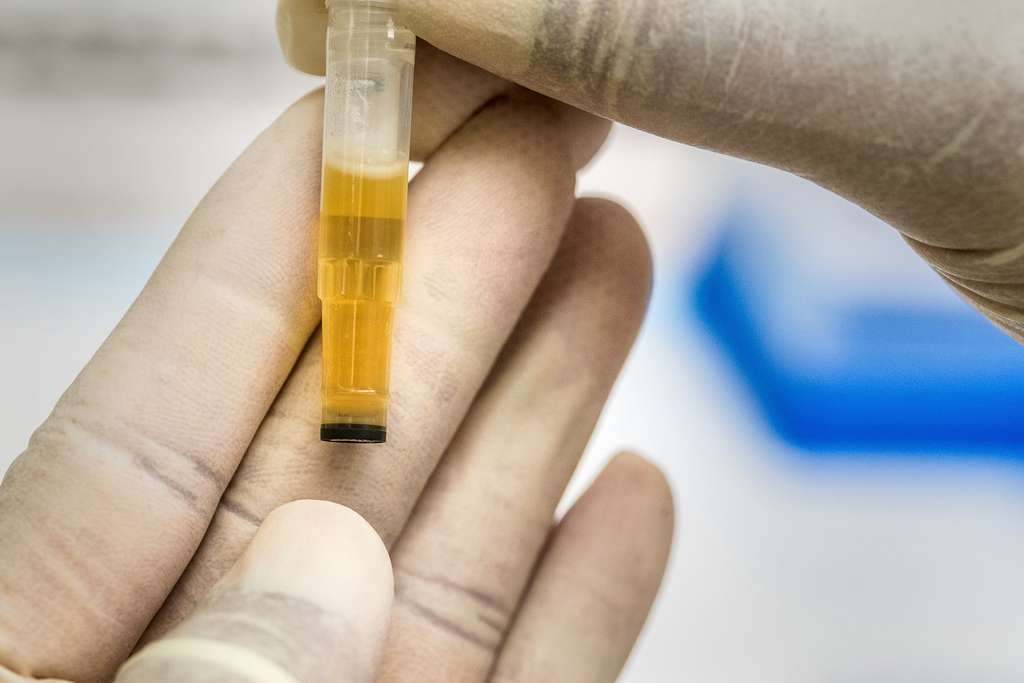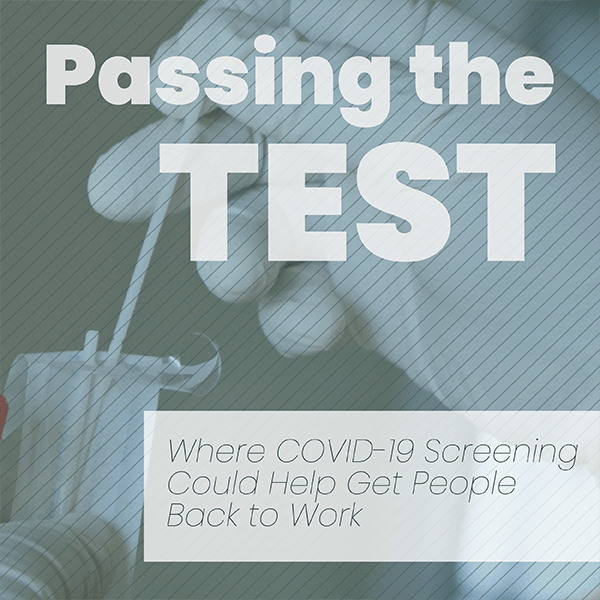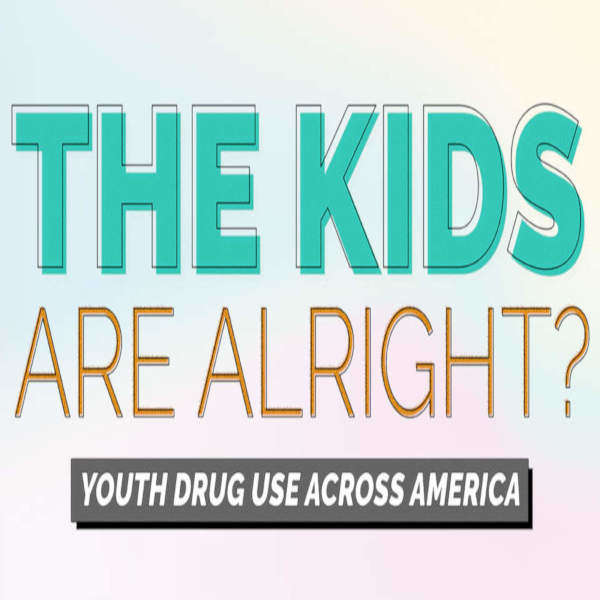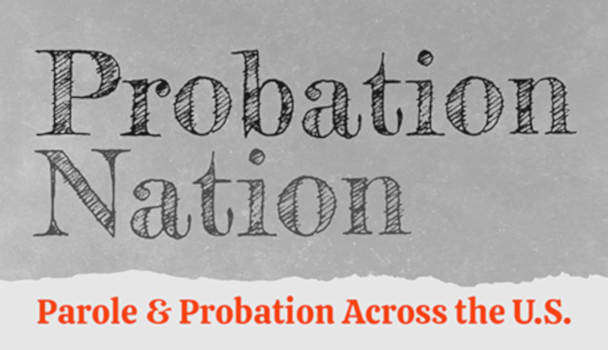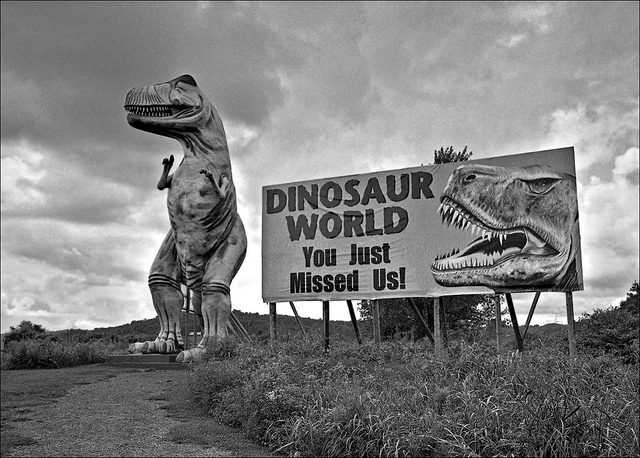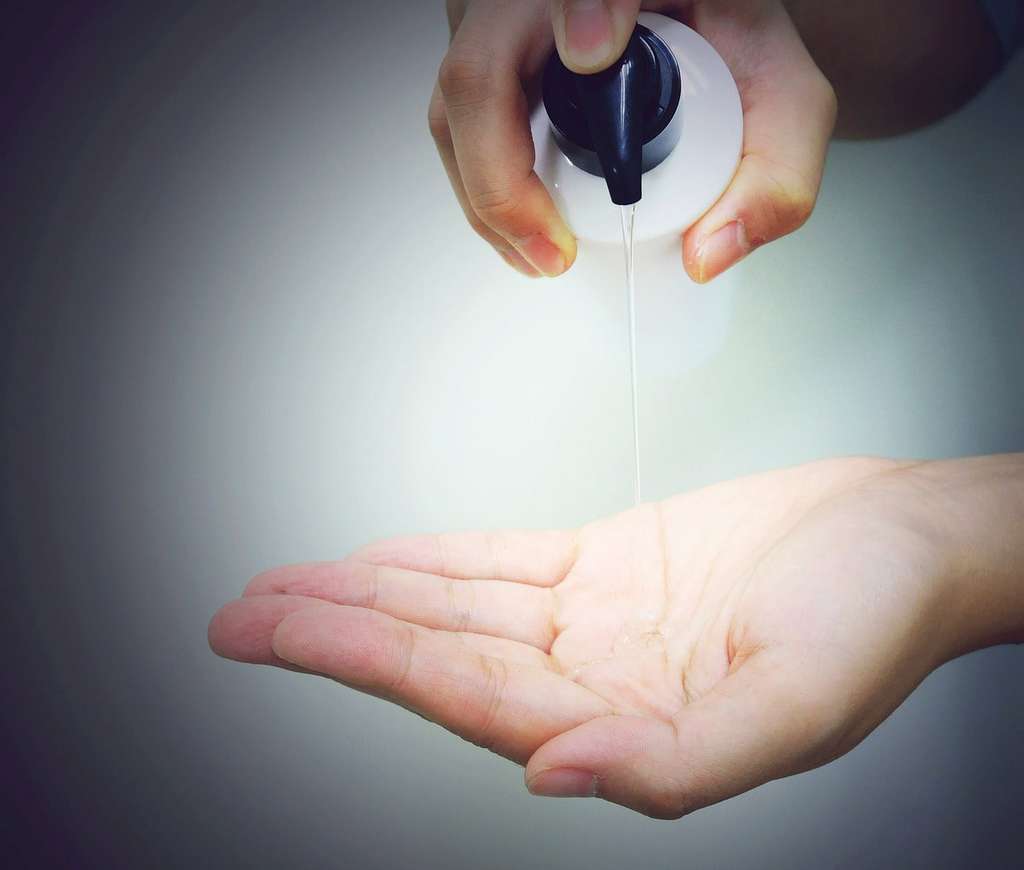US Drug Test Centers Blog
The Difference Between a DOT and Non-DOT Drug Test | US Drug Test Centers
It's crucial for employers to foster a drug-free work environment to ensure the safety and well-being of their employees, as well as to benefit the overall company environment. With that being said, according to statistics, about one in 11 workers (or 9% of the total workforce in the U.S.) has experienced substance or alcohol use disorder in the past year.
Drug use and abuse are linked to many negative workplace occurrences and hazards. Approximately 65% of workplace accidents are linked to drug and alcohol substance abuse. Additionally, employees with substance use disorders are more likely to be absent, averaging 1.5 weeks more than employees without addictions.
Given the risks associated with the job, all employers under the jurisdiction of the Department of Transportation (DOT) must comply with DOT-regulated drug tests. Even so, the transportation industry is one that rates high in drug and alcohol addiction.
In this blog, learn about how transportation-related employers leverage consortiums to implement DOT-compliant drug testing, why it's important for DOT agencies to be drug-free, and how a DOT drug test differs from a regular drug test.
What is a Consortium?
A consortium, or third-party administrator, manages an employer's drug and alcohol testing program, either all or part of it, which may also include maintaining the mandatory testing records. The scope of responsibilities is aligned with the employer, with the objective of aiding the organization to implement its substance testing program and ensure they comply with the rules and regulations specified by their DOT agency.
There are no mandated DOT qualifications for a consortium or third-party administrator but they must be well-versed in the employer responsibilities and requirements as stipulated in 49 CFR Part 40 and Part 382. Additionally, they must master related regulations such as CDL Licensing (Part 383), Driver Qualifications (Part 391), and Driving of Commercial Motor Vehicles (Part 392).
Because DOT drug and alcohol testing is quite complex and comprehensive, it's essential for an employer to have a formal contract or written agreement with the consortium to ensure that all involved parties are on the same page regarding the roles and responsibilities for each program requirement. For more information on this, it's advisable for employers to review the DOT's "What Employers Need to Know About DOT Drug and Alcohol Testing" handbook.
Seeking the help of a consortium or third-party administrator to conduct DOT-compliant drug testing is vital for employers and businesses in the following sectors:
- Federal Motor Carrier Safety Administration (FMCSA)
- Federal Aviation Administration (FAA)
- Federal Transit Association (FTA)
- United States Coast Guard (USCG)
- Federal Railroad Administration (FRA)
- Pipeline and Hazardous Materials Safety Administration (PHMSA)

Why is it Important for DOT Agencies to Be Substance-Free?
Substance abuse can have many adverse effects on the workplace, typically falling under these four areas:
- Increased medical costs, development of chronic health issues, and premature or accidental death
- Heightened risk of injuries and accidents in the workplace
- Overuse of leave time, whether sick or paid leave, and higher rates of absenteeism
- Decreased productivity, poorer performance, and low-quality work
These result in a range of issues for employers, such as:
- Unreliable attendance
- Overuse of leaves
- Poor decision-making skills
- Poor workplace performance, lowered productivity, and inefficiency
- After-effects of substance use, such as hangovers or withdrawals, which affect workplace performance
- Inability to focus or complete tasks, and lack of attention to detail
- Inappropriate workplace behaviors, such as angry outbursts and hostility
- Poor relationships in the workplace
- Behavioral issues that affect workplace morale and culture
These problems are particularly dangerous in transportation-related lines of work because they can result in health or bodily harm. For example, a hangover may result in incorrect paperwork for an office worker but for a pilot or driver, it may result in vehicular accidents, serious injuries, or even multiple deaths.

DOT Drug Testing vs Non-DOT Drug Testing
A DOT-compliant drug test differs from a drug test that is not conducted for DOT purposes.
A DOT drug test screens for five main drug classes: amphetamines, opioids, cocaine, marijuana, and phencyclidine (PCP). These are common street drugs that are highly likely to be abused.
Unlike a standard drug test, this 5-panel drug test must follow strict guidelines. The process for collecting a DOT drug test includes the following:
- The employee undergoing the drug test must obtain a Federal Control of Custody or Chain of Custody from their employer.
- The form is to be submitted to the collector, who then follows a specific process when collecting the specimen.
- Once the urine sample has been collected from the employee, alongside the necessary form, it's transported to a Health and Human Services-certified testing lab for verification.
- The DOT drug test results are then declared to a qualified Medical Review Officer. They are in charge of ensuring that the results are accurate and comply with DOT regulations. When necessary, the MRO may contact the employee for additional information.
- After the MRO has verified and signed off on the drug test results, they are sent to either the employer or the consortium. If the drug test results are negative, the employee can go back to work. But if the drug test results are positive, the company may refer to their drug-free workplace policy for the appropriate measures and next steps.
On the other hand, non-DOT drug tests can be requested by anyone, such as non-transportation-related employers for pre-hire and random workplace drug testing, as well as the courts for legal drug testing. The process for conducting non-DOT drug tests can vary depending on the method of testing — whether it's hair drug testing, urine drug testing. They may also involve screening for a different set of drugs compared to the five classes for DOT drug tests.
For all of your DOT drug testing needs, contact US Drug Test Centers or locate a testing center near you.




